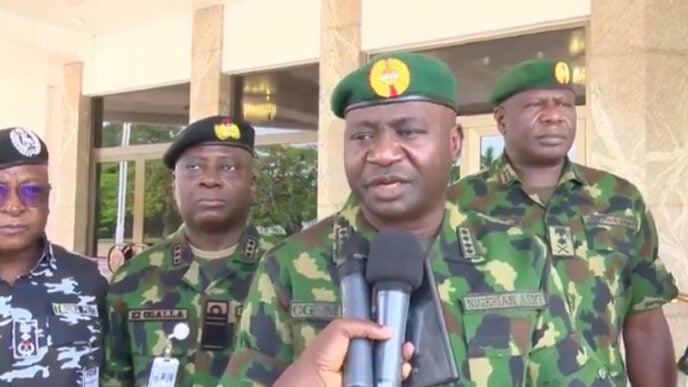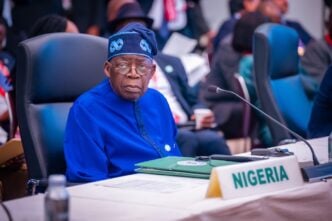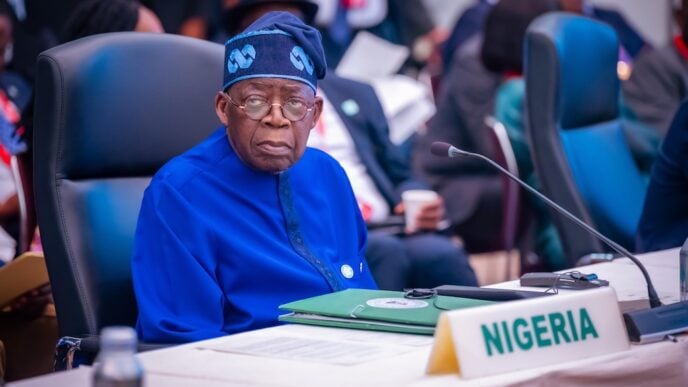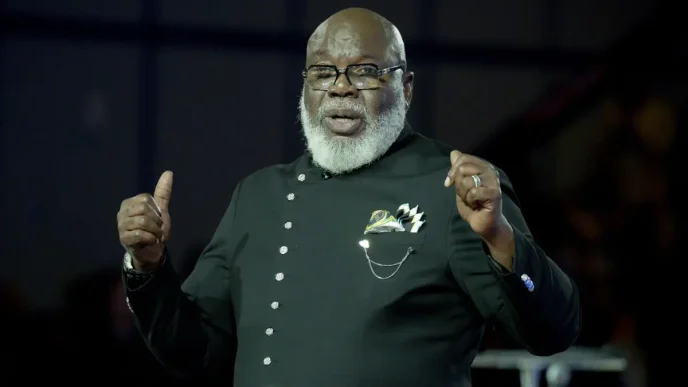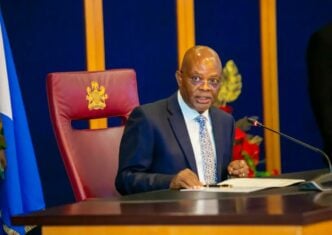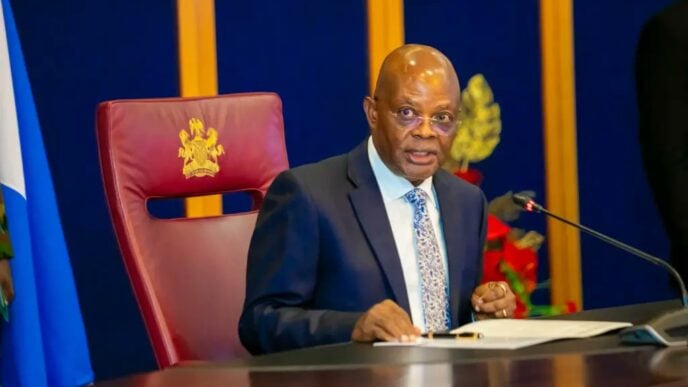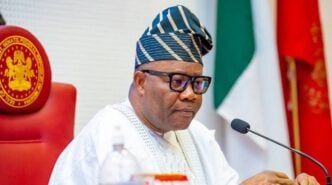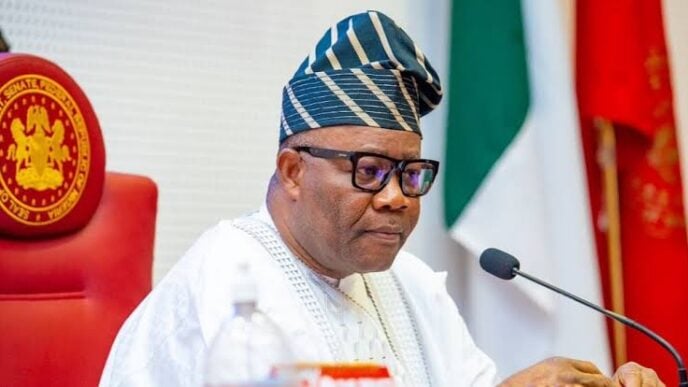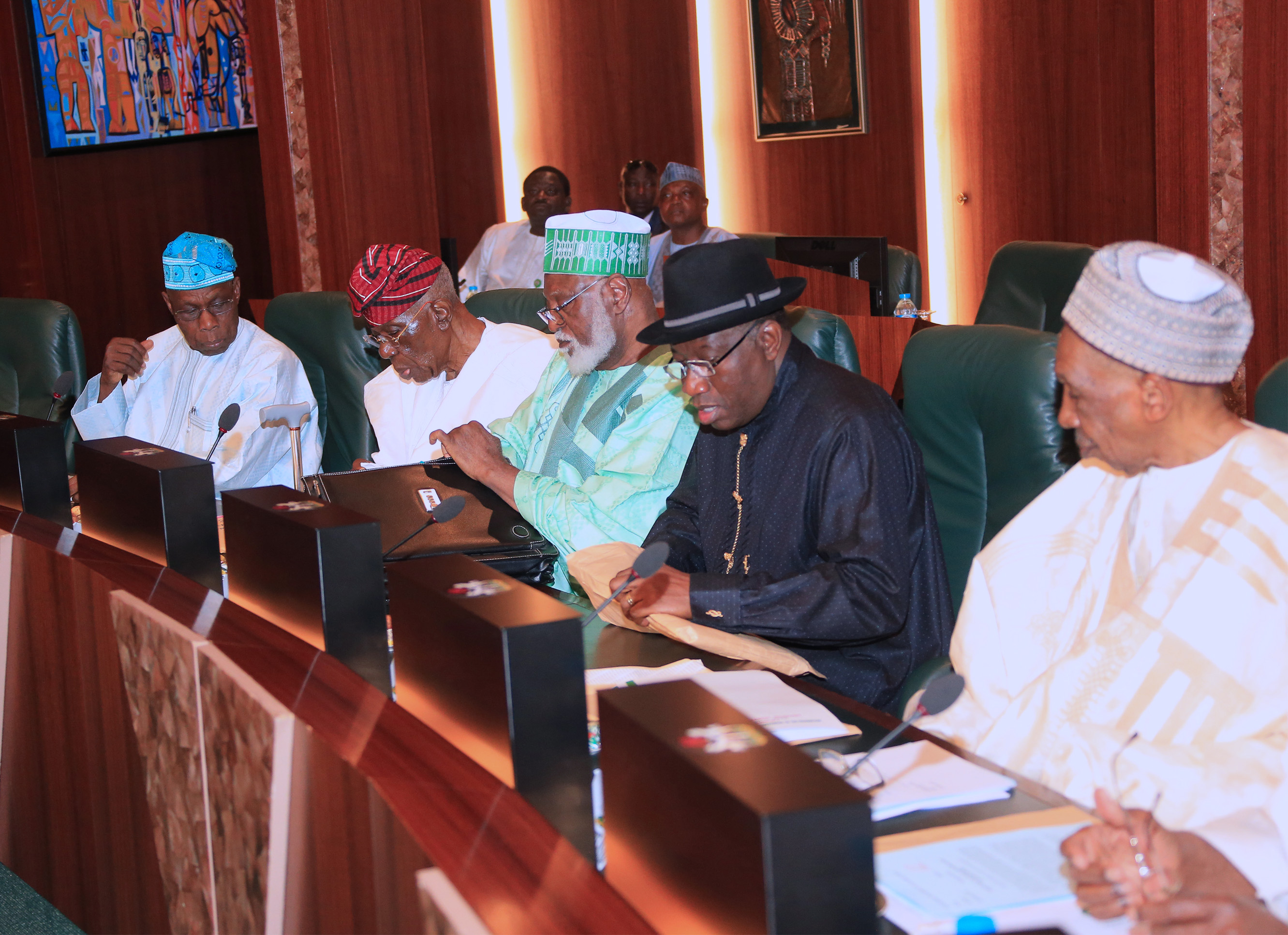In the sweltering heat of October 20, 2020, thousands of young Nigerians gathered at the Lekki Toll Gate in Lagos. They had defied a curfew announced by the Lagos state governor, Babajide Sanwo-Olu, to end their protest and vacate the venue by 4pm. But the young protesters were unyielding. They were resolved to continue the sit-in. More young Nigerians arrived from different parts of the city. As the deadline approached, lights were surreptitiously switched off. But the protesters’ phone flashlights were raised like tiny stars against the Lagos sky.
They sang, chanted, and believed that they were on the brink of rewriting the blighted history of police brutality in Nigeria. But then the soldiers arrived under the cover of darkness, a staccato of gunfire split the air. That night in 2020 would remain indelible in the history of Lagos and by extension Nigeria – a reminder of how the machinery of state can be deployed to crush any form of dissent.
In the wake of the recent violent uprising that engulfed Nepal, many young Nigerians are back online, calling for what they describe as a “Nepal-style uprising.” They give examples of how citizens in Kathmandu poured into the streets attacking leaders they labelled as corrupt, setting their houses and other public buildings on fire. To the young Nigerians online, especially (on X, formerly Twitter) Nepal’s example offers a simple lesson: Nigerians can bring down corrupt leaders if they unite. They all share the same sentiment. According to a user, “Revolution is ongoing in Nepal. I hope Nigerians are seeing this. #EndSARS was our best bet, but we ended it so early. When are we starting our own #RevolutionNow?”
It is tempting to think that Nigeria could toe the Nepal path. After all, the frustrations currently being experienced by Nigerians are as serious if not more serious than Nepal: high unemployment rate, insecurity, prohibitive cost of food and a political class living large while millions of Nigerians are just managing to get by.
Advertisement
But is Nigeria Nepal?
The question is not whether the conditions that drove Nepalese Gen Z to hit the street demanding for change is not present in Nigeria – the conditions are even more prevalent – but the question is whether these harsh economic conditions can result into a movement strong enough to dismantle the weight of a heterogeneous country like Nigeria, its vast land mass, and the brutal machinery that can be deployed by the political class.
The EndSARS protests proved that Nigerian youth can challenge the status quo and demand accountability from historically corrupt institutions such as the police. For weeks, young Nigerians who were tired of police brutality flooded the streets. They fed one another, provided medical care, and built a movement that shook the police establishment into disbanding the dreaded special anti-robbery squad infamously known as SARS. Yet, the aftermath of the protest revealed the risk of facing a state and a political class that do not hesitate to use violent repression. The Lekki shootings were not just random; they were a warning to anyone who harbours the idea of a Nigerian revolution: this state will fight back, and it will fight dirty. So what would it take for Nigeria to witness a revolution? History shows it is never just anger that brings change. In Nepal, it was not only the Gen Z on the streets but also unions, who forced the monarchy to yield. It was a broad coalition for change, triggered by the ban on social media.
Advertisement
In Nigeria, such unity is hard to imagine. What unites a jobless graduate in Kano, a fisherman in Bayelsa, and a trader in Onitsha? Their grievances differ, and politicians are skilled at exploiting those divisions – turning protest into regional squabbles, or reducing a national cause to an ethnic and religious grievance. During the EndSARS protests, some northern politicians were quick to label it a southern plot to remove the late President Buhari from power. The late president himself was quoted to have said it was an attempted coup against his administration. Indeed some northerners soon gave the protests a regional and religious coloration. Politicians across the country said the youths were politically sponsored.
A closer look at our contemporary political history has shown that every attempt to demand accountability from our leaders descend into whipping up of primordial sentiments. Online, people are warning those advocating for a Nepal-type uprising have been told to go to their region to replicate it. We have also seen how quickly well-meaning protesters are soon crowded out by sponsored counter-protesters.
Nigeria’s size and complexity also hinder and complicate genuine movement for change. For example, protests in Lagos are rarely felt in Maiduguri or Sokoto in the same way. Where Nepal had a clear, symbolic enemy in its monarchy, Nigeria’s rot spread across layers of government, political parties, the political class and their corporate cronies, godfathers, traditional institutions. The list is endless. Who exactly would a revolution target? And if the status quo were toppled in a Nigerian revolution, who would inherit the ruins?
We do not have to look too far for answers.
Advertisement
The Arab Spring once had the potential to sweep dictators from power and deliver democracy across the Middle East. In some countries, the uprisings toppled rulers but left chaos in their place. Egypt’s revolution gave way to an even harsher dictatorship. Libya fell into endless conflict. Only Tunisia managed a fragile democracy, and even that has stumbled. A Nigerian uprising could just as easily hand the country to military adventurers or regional warlords, worsening the insecurity that already stalks our villages and highways.
This is not to dismiss the anger or the bravery of those young Nigerians online calling for change. It is to ask a harder question: what kind of change are we really prepared for? A violent revolution, no matter how well-meaning, leaves scars that take generations to heal. Ordinary people- the same citizens who already bear the brunt of corruption and poverty-would suffer most if Nigeria descends into chaos. We all remember how the #EndSARS protest soon descended into anarchy as hoodlums burnt government public buildings in Lagos.That is why many have argued that our best hope as a nation lies not in burning the country down but in demanding for reforms or more radically, restructuring.,
Some Nigerians have even advocated for a return to the regional or parliamentary system of government of the First Republic where power is decentralised and resources controlled in the regions. Restructuring and demands for reforms are not populist slogans and may not trend on social media but could revolutionise the country in a more profound way than a violent revolution would.
This does not mean protest is useless. Far from it. The EndSARS movement forced a significant change, pushing police brutality into national conversation. It proved that young Nigerians will no longer be silent. Protest remains a powerful tool – but only if it connects to long-term strategy. Anger can ignite the fire of patriotism, but only organisation can keep it burning long enough to change anything. The lesson from Nepal, and from the Arab Spring, is not that people should not rise. It is that rising is the easy part. Building what comes after is the real struggle.
Advertisement
Change in Nigeria may not come from burning bonfires or trooping to the streets. It may come more gradually – in accountability, reforms and restructuring. This kind of revolution is slower, but it is also more effective. In the end, it may be just what may save the country.
Advertisement
Views expressed by contributors are strictly personal and not of TheCable.



